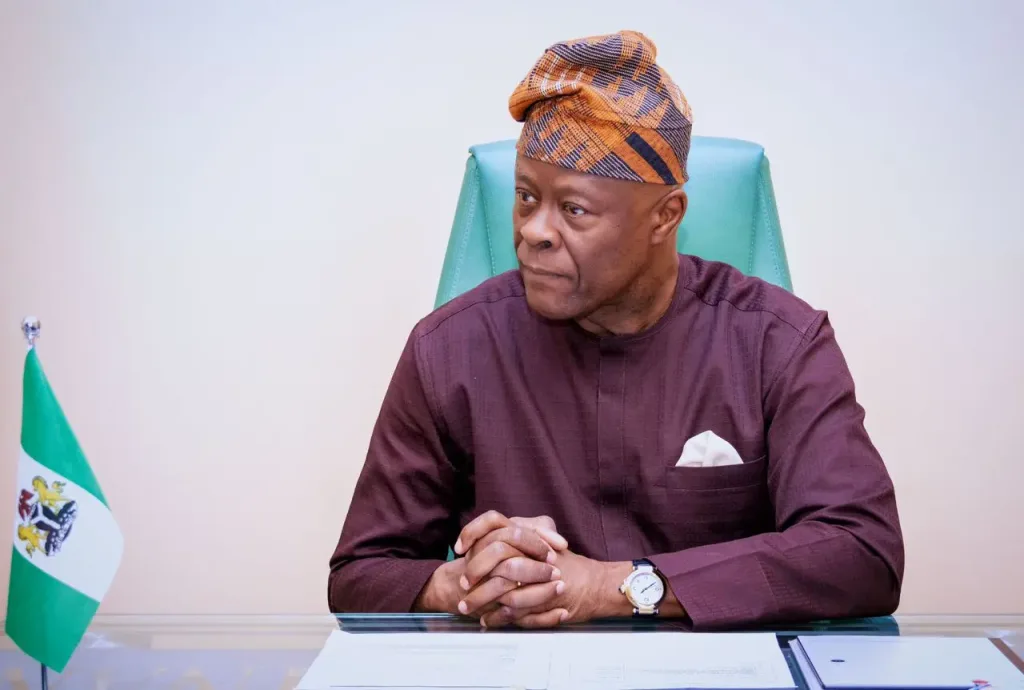The Nigerian government has suspended the collection of a 4 percent Free on Board (FOB) import charge, which was imposed by the Nigeria Customs Service (NCS). This decision comes after stakeholders and trade experts expressed concerns over the charge’s impact on the business environment and economic stability in the country.
According to a letter dated September 15, 2025, from the Permanent Secretary (Special Duties) at the Ministry of Finance, the suspension is a result of extensive consultations with industry stakeholders, trade experts, and relevant government officials. The letter states that the implementation of the 4 percent FOB charge posed significant challenges to trade facilitation and economic stability in Nigeria.
The charge had been reintroduced after a brief suspension in February, sparking outrage from manufacturers and importers who argued that it would increase their financial burden and potentially lead to higher inflation and reduced trade competitiveness. The Ministry of Finance has acknowledged these concerns and decided to suspend the charge to allow for a comprehensive review of its framework and economic implications.
The suspension is expected to provide relief to Nigerian businesses, which had been struggling with the additional cost. The Ministry of Finance plans to work closely with the NCS and other stakeholders to devise a more equitable and efficient revenue structure that supports both revenue generation and economic growth.
The decision to suspend the FOB charge is significant, as it demonstrates the government’s willingness to listen to stakeholders and adjust its policies to support the business community. The suspension will also allow for a thorough review of the charge’s impact on the economy and provide an opportunity for stakeholders to contribute to the development of a more effective revenue structure.
The Nigerian government’s decision to suspend the FOB charge is a positive step towards creating a more favorable business environment and promoting economic stability in the country. As the government works towards developing a new revenue structure, it is likely that stakeholders will continue to engage with the authorities to ensure that their concerns are addressed and that the new policies support the growth and development of the Nigerian economy.
